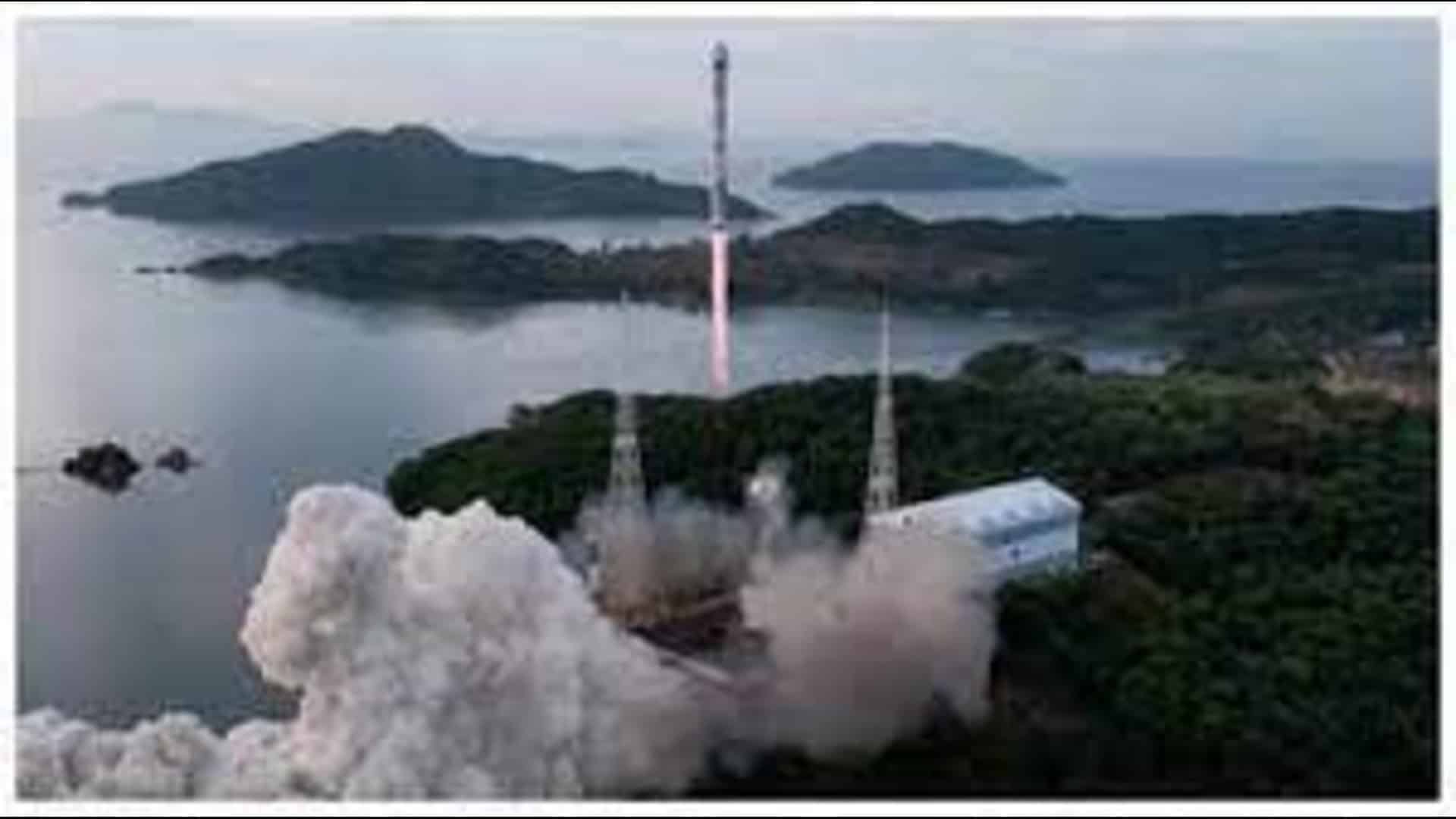North Korea has announced the successful placement of a reconnaissance satellite, named 'Malligyong-1,' into orbit.
The state-run news agency KCNA reported the achievement early Wednesday, revealing that the satellite was launched on Tuesday night from North Phyongan province.
The rocket, carrying the advanced reconnaissance technology, soared along its designated trajectory before flawlessly positioning the satellite in its intended orbit.
This accomplishment marks a significant stride in the Democratic People's Republic of Korea's space exploration capabilities, showcasing the nation's growing prowess in satellite deployment.
The satellite, designed for reconnaissance purposes, is expected to enhance DPRK surveillance capabilities, although specific details regarding its technological features remain undisclosed.
The successful deployment of 'Malligyong-1' underscores the country's commitment to advancing its space program, despite international concerns about the dual-use nature of such technology.
This achievement follows a series of recent missile tests by DPRK, raising geopolitical tensions and drawing attention to the nation's expanding military capabilities.
The successful satellite launch is likely to intensify discussions among global leaders about the implications of North Korea's technological advancements in the space domain.
While the DPRK maintains that its space program is peaceful and aimed at scientific exploration, the international community remains vigilant, given the country's history of conducting missile tests in violation of United Nations resolutions.
The successful placement of a reconnaissance satellite adds a new dimension to the ongoing debate over North Korea's technological ambitions and its impact on regional and global security.
As the world closely monitors these developments, questions arise about the potential implications of North Korea's growing space capabilities and the diplomatic challenges they may pose in the near future.




















